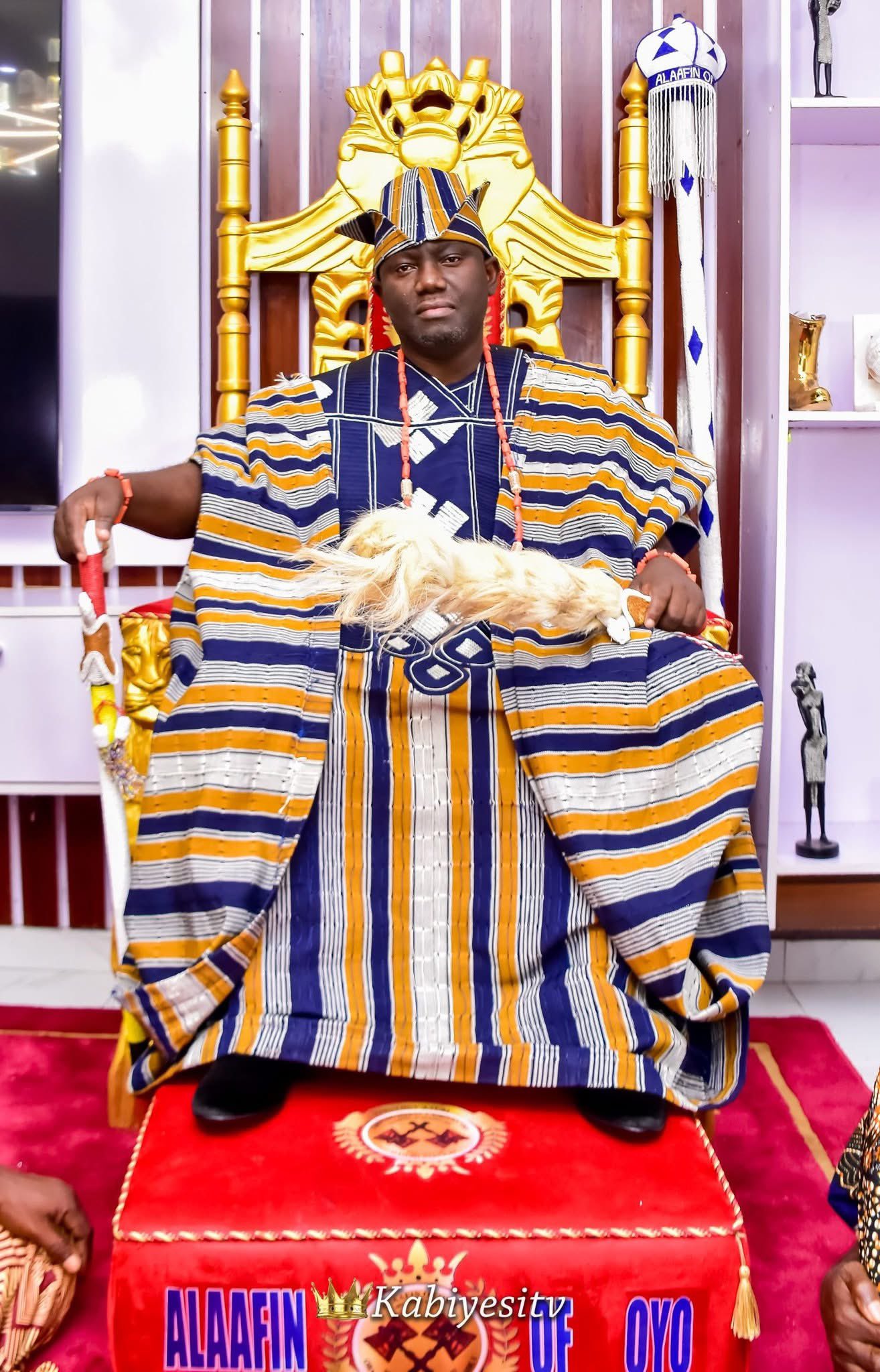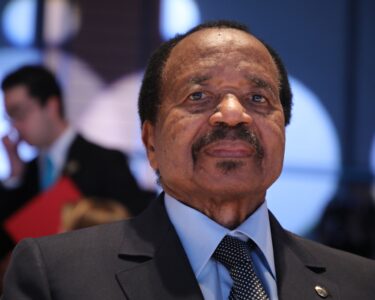Obas Council Rotational Leadership Bill
Walkout in Oyo Assembly
Summary
- Oyo State House of Assembly passes bill introducing rotational chairmanship for the Council of Obas and Chiefs
- Two lawmakers, Hon. Olorunpoto Rahman and Hon. Gbenga Oyekola, stage a dramatic walkout during plenary
- Lawmakers cite lack of consultation and disregard for Alaafin’s traditional primacy
- Delegation from Alaafin’s palace had earlier met Speaker to express support for Alaafin’s permanent chairmanship
- Passage of bill follows mounting pressure from Ibadan and Ogbomoso stakeholders
Ibadan, Oyo State — Tempers flared at the Oyo State House of Assembly on Tuesday, May 20, 2025, as two lawmakers staged a dramatic walkout during plenary in protest of a controversial bill amending the Oyo State Council of Obas and Chiefs Law.
Hon. Olorunpoto Rahman (Oyo East/Oyo West) and Hon. Gbenga Oyekola (Atiba) walked out following the third reading and passage of the amendment, which introduces a rotational chairmanship among the Alaafin of Oyo, the Olubadan of Ibadanland, and the Soun of Ogbomosoland. The lawmakers described the move as a betrayal of historical tradition and a slight to the esteemed Alaafin stool.
Rahman criticised the process as rushed and lacking adequate stakeholder engagement. “We should make a law that can stand the test of time,” he told reporters, lamenting the absence of public hearings or traditional consultations. He insisted that the Alaafin’s traditional authority should not be diluted by political expediency.
Reactions have since poured in across social media and among traditional institutions. Chief Rotimi Osuntola, Special Adviser to the Alaafin, condemned the amendment as “unacceptable,” asserting the Alaafin’s continued status as the paramount ruler with exclusive authority to crown other obas. He also reminded the public that the matter remains under judicial review.
Despite the uproar, the Assembly defended the amendment, claiming that a rotational system would foster unity and fairness.
The new law replaces the previously proposed permanent chairmanship with a two-year rotational term and expands council membership to include 10 Ibadan obas. It also introduces deputy and vice-chairmanship roles to improve representation.
Critics argue, however, that the changes erode the historical and cultural weight of the Alaafin’s role in Yoruba leadership. The walkout underscores a growing divide between advocates of tradition and those pushing for structural equity in Oyo State’s chieftaincy system.
Just five days before the controversial session, a delegation from the Alaafin’s palace visited Speaker Adebo Ogundoyin.
In a post on his official X (formerly Twitter) handle, the Speaker revealed that the delegation, led by Chief Olaoye, Chairman of the Council of Elders in Oyo, expressed gratitude for the approval of the new Alaafin, His Imperial Majesty Oba Akeem Abimbola Owoade I, and urged the retention of the Alaafin’s chairmanship. They also called for the removal of the rotational clause.
“I was deeply honored to welcome a distinguished delegation from the Alaafin’s palace,” Ogundoyin wrote. “They commended the House for our efforts to amend the Council of Obas and Chiefs Law and supported the Alaafin remaining as Presiding Authority.”
He assured them of the House’s commitment to preserving cultural heritage while modernising traditional governance. Yet, the final version of the bill took a different turn, reflecting mounting pressure from political blocs in Ibadan and Ogbomoso, where dissatisfaction over the Alaafin’s longstanding dominance has simmered for years.
As tensions continue to rise, observers say the clash between tradition and reform is far from resolved. With palace insiders hinting at possible legal action, the debate over the soul of Oyo’s traditional leadership appears destined for a protracted chapter.







